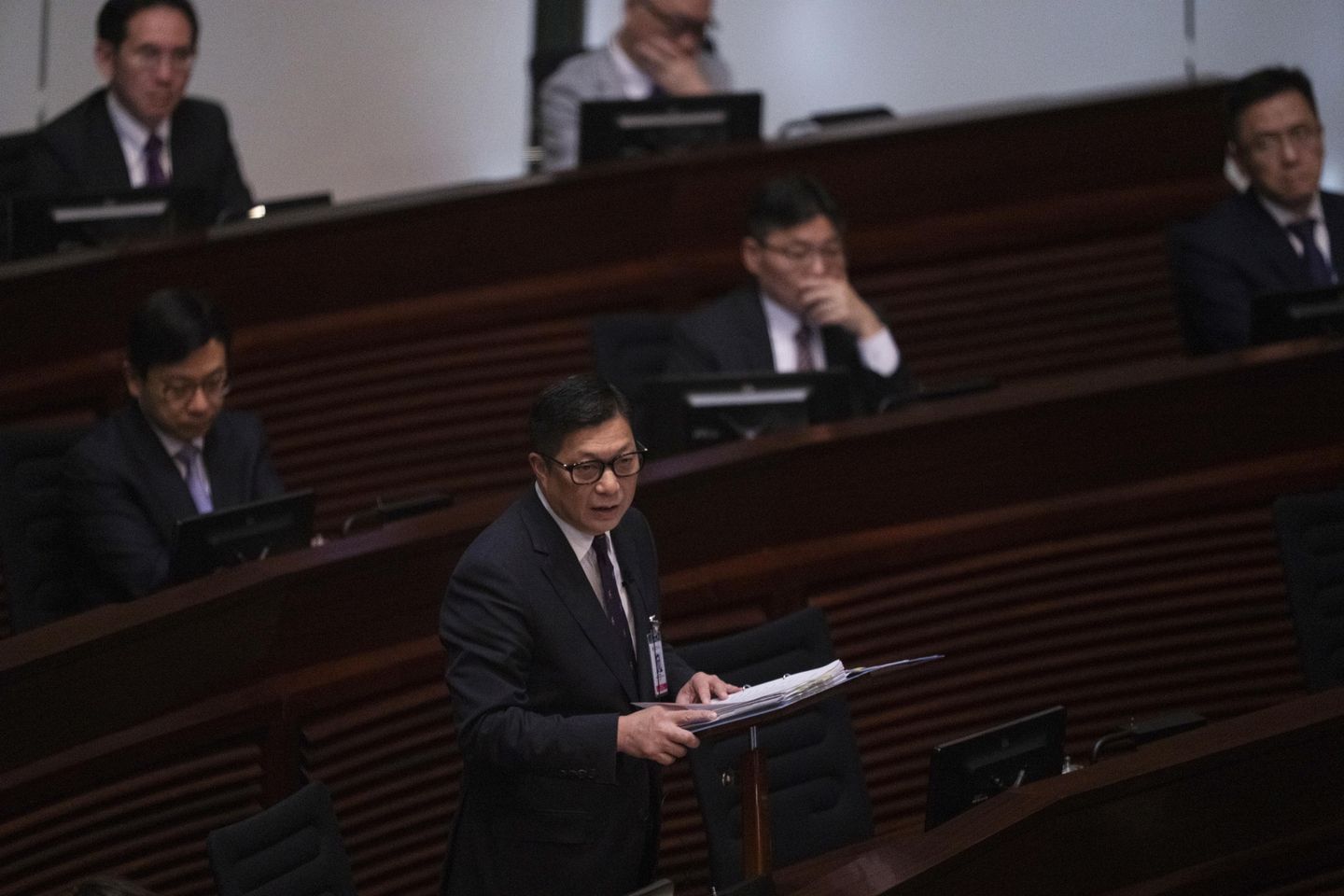The new national security law passed in Hong Kong on Tuesday is a significant development that gives the government increased authority to suppress dissent. The law is part of a broader political crackdown that began in response to the pro-democracy protests that swept through the city in 2019. The unanimous passage of the law by lawmakers indicates a united front in support of the government’s efforts to tighten control over Hong Kong’s political landscape.
The national security law grants the government more power to target activities deemed as threats to national security, including secession, subversion, terrorism, and collusion with foreign forces. Critics fear that the vague and broad language of the law could be used to silence dissent and undermine basic freedoms such as freedom of speech and assembly. The law’s passage represents a further erosion of Hong Kong’s autonomy and a tightening of Beijing’s grip on the city’s affairs.
The new law has sparked concerns among pro-democracy activists, who see it as a direct threat to their movement and a means for the government to crack down on dissent. The law is seen as a tool for the government to target and silence those who oppose its policies and actions. Activists worry that the law could be used to justify the arrest and prosecution of individuals who speak out against the government or participate in protests.
The passage of the national security law has drawn condemnation from the international community, with several countries expressing concerns about the impact of the law on Hong Kong’s autonomy and freedoms. The United States, the United Kingdom, and the European Union have all criticized the law as a violation of Hong Kong’s autonomy and a breach of the “one country, two systems” framework that was supposed to guarantee the city’s freedoms after its handover from British to Chinese rule in 1997.
The passage of the national security law represents a significant turning point in Hong Kong’s political landscape, signaling a shift towards greater government control and tighter restrictions on dissent. The law’s impact on Hong Kong’s pro-democracy movement and civil liberties remains to be seen, but it is clear that the government is taking steps to assert its authority and silence opposition. The international community’s response to the law will be crucial in determining the future of Hong Kong’s autonomy and freedoms in the face of increasing Chinese influence.









